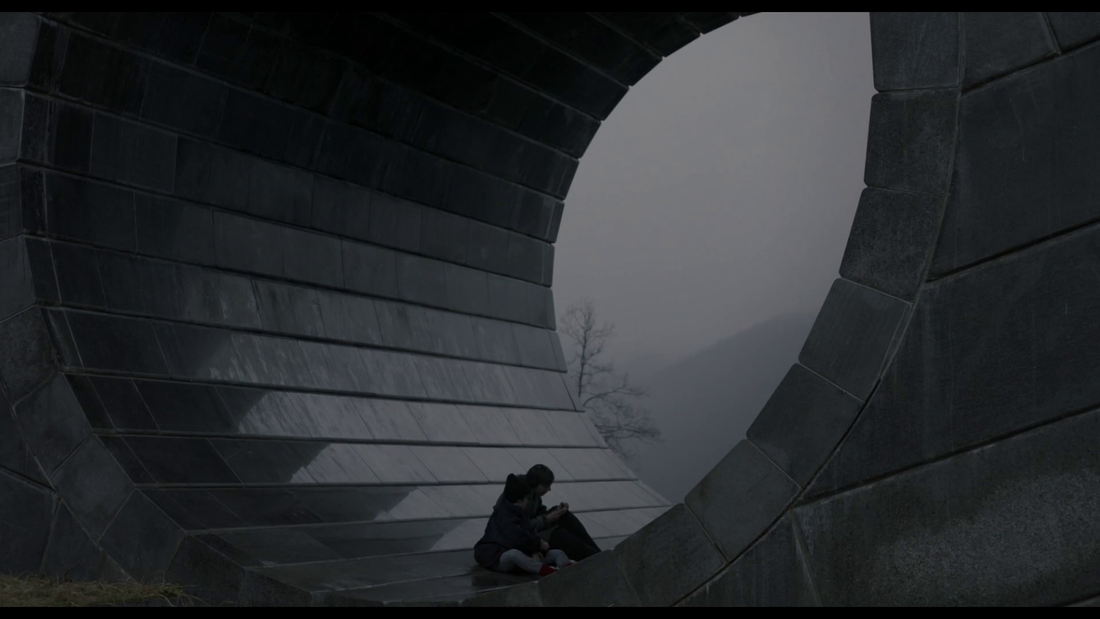|
Set against the backdrop of the NATO bombing of Serbia in 1999, Ornien Glavonic's The Load is an intimate yet observational character study, one in which the sting of silence reverberates throughout with piercing effect. Structurally a character piece with a rather simple narrative which intrigues, never distracts, and ultimately strengthen's the film's underlying intention, The Load encapsulates this sense of stagnation and stillness throughout its plotting, with this silence often only disrupted momentary by the enclaves of civilization which our main protagonist encounters along his long journey from Kosovo to Belgrade. Terror tends to be associated with some variant of action or bombast and yet its more primal state often comes in the quieter moments, the moments which expose how much the repetitious and mundane aspects of everyday life are taken for granted. Events of a cataclysmic nature disrupt such perceived trivialities - the casual smile, the petty argument, or vapid yet cordial exchange - revealing the social deterioration which takes place under abject trauma, the dissolution of a nation providing a powerful expose on familiar themes of identity and diaspora. There is a personal intimacy to this particularly epoch, as The Load offers an incisive juxtaposition which traverses generations - the objective experience of the bombing giving way to the subjective interpretation of the events. Manifestations of resentment, anger, acceptance, and degradation reverberate quietly throughout this character piece, with The Road managing to be deeply personal but also universal, detailing the psychological effects of displacement - implicit in how it exposes the abstract nature of the nation state through its impressionistic examination of the innocent people caught in the crosshairs of geopolitics.
0 Comments
Leave a Reply. |
AuthorLove of all things cinema brought me here. Archives
June 2023
|

 RSS Feed
RSS Feed
